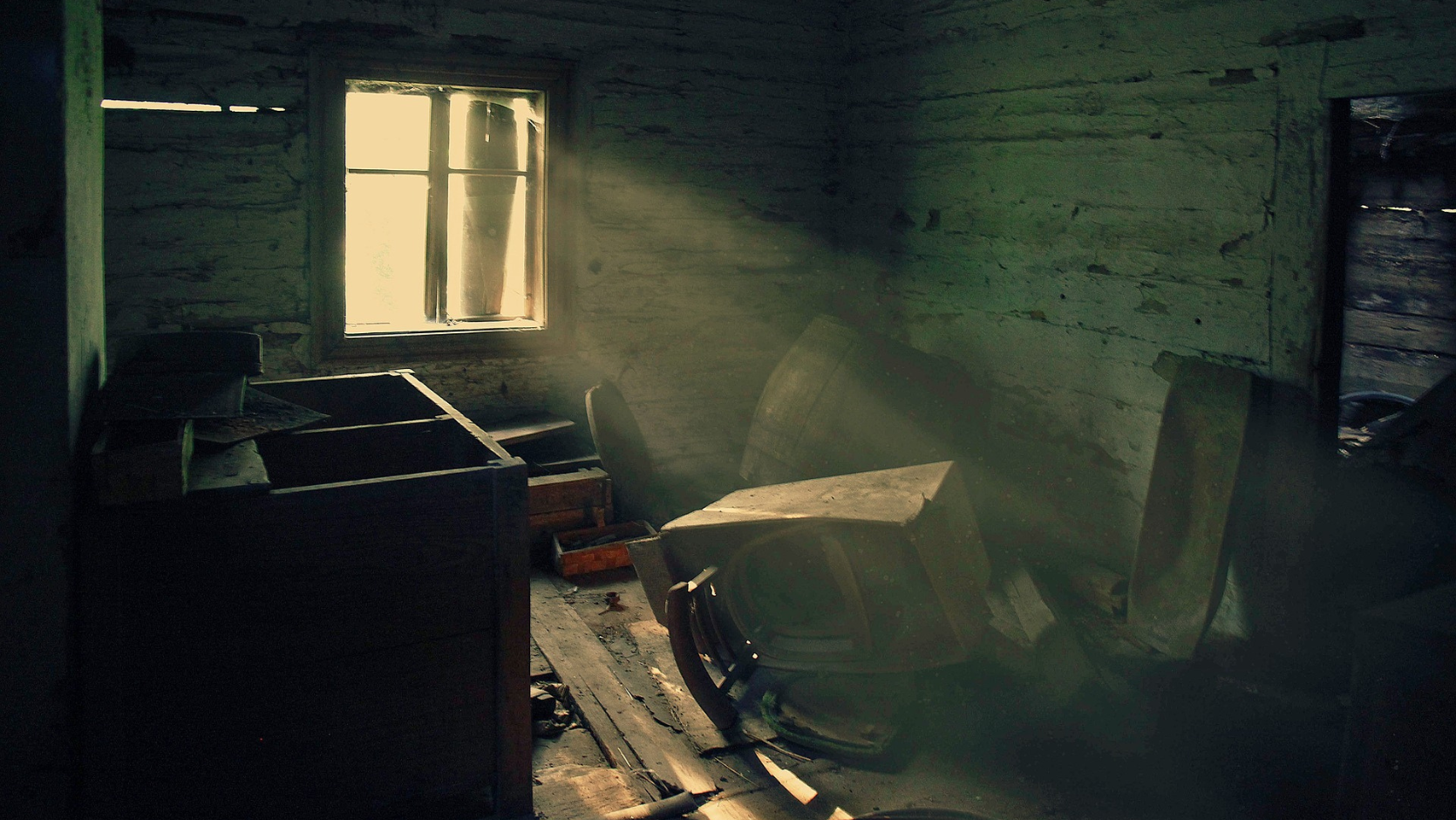The Facts
Contract for sale notes the presence of rubbish at the property
A property in North Bondi was sold at auction on 21 November 2013 for $4,400,000.00. Settlement of the contract was delayed but ultimately took place on 13 March 2014. The contract for sale of the property noted that there was a substantial amount of “equipment, building materials and rubbish in and about the property”.
The contract included a special condition that “the purchaser agrees that the vendor will have given vacant possession of the property even if … equipment, building materials or rubbish are located in or about the property on the completion date”.
Buyer alarmed by state of property at settlement
The buyer had inspected the property prior to the auction and observed the state it was in at that time. However, he was alarmed to discover when he inspected the property again just prior to settlement some three months later that it was in a much less tidy state, with greater quantities of rubbish strewn throughout the property.
Nevertheless, the parties agreed that settlement should proceed and that some monies would be kept aside while any claims were resolved between the parties.
Buyer seeks reduction in purchase price
Under the Conveyancing Act 1919 (NSW), a purchaser is entitled to a reduction in the purchase price where the land they are buying is “damaged” in the period between the making of a contract for the sale of the land and the time at which the property passes to the purchaser. Where damage has occurred, the price is to be reduced by such amount as is “just and equitable in the circumstances”.
The purchaser alleged that the land had been damaged within the meaning of the Conveyancing Act and sought a refund of some of the purchase price. The vendor disagreed, and the matter came before the court for determination.














Expert commentary on the court's decision
Can a purchaser seek a reduction of the purchase price of the property?
In the case Segal v Osborne [2016] NSWSC 941, the Supreme Court found in favour of the vendor.
While the case involved several contentious legal issues, the court deliberated on whether there was a successful claim under section 66M of the Conveyancing Act 1919 (NSW). Section 66M of the Conveyancing Act refers to abatement of the purchase price where land is damaged before the passing of the risk from the vendor to the purchaser.
Does the amount of rubbish left behind constitute damage?
The short answer is not necessarily. The court outlined that the property had been left in a considerably untidier state than it had been at the time of the auction. However, the photographs showed that while some of the rubbish appeared to be moved, the quantity of rubbish was consistent at the date of contract with the rubbish at the date of completion.
The situation seemed to be that following the auction, no new items had been brought onto the property, but that numerous items had been taken from storage places and abandoned in a disordered manner upon the floor. Such items were, in a sense, transformed into rubbish. That process resulted in areas of the property becoming cluttered, such that walking through those areas would be difficult to say the least.
Is leaving a substantial amount of rubbish behind acceptable?
However, the court concluded that these parts of the property had not been rendered “unusable”, although it did note that the degree of disorder would certainly exceed what many would find acceptable.
It was said that the presence of quantities of rubbish sufficient to render parts of a property unusable could in certain circumstances be regarded as damage to the property itself, however that was not this case.
The court found that the purchaser had not made out his claim that there had been “damage” to the property within the meaning of 66M of the Conveyancing Act and that the purchaser was not entitled to a reduction in the purchase price.
Can you contract out of a mess?
The court’s conclusion was reinforced by the terms of the special conditions that had been included in the contract by the vendor’s solicitors and that the purchaser had signed, which relevantly provided that the vendor was not required to remove any goods, equipment, building materials or rubbish from the property prior to completion, and that the vendor would be taken to have given vacant possession even if such goods, equipment, building materials or rubbish remained in or about the property on the completion date.
The court concluded that at all relevant times the items constituting “additional rubbish” fell within the expression “goods… equipment, building materials or rubbish”, even if they may not have been “rubbish” at the time of the auction. As this case shows, careful drafting of the terms for sale of a property can help to avoid a costly mess.